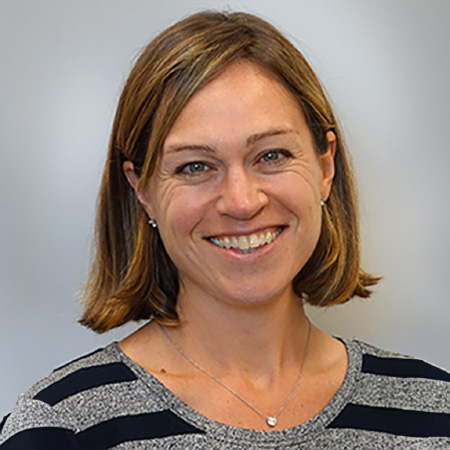For Scientists
Clinical Psychology Advanced Graduate Practicum
Arnett Laboratory
Overview Dr. Arnett and her research team aim to improve precision medicine care for children and families affected by ADHD. Dr. Arnett’s laboratory investigates gene-brain-behavior associations leading to attention and behavior dysregulation. Research methods include neuropsychological testing, diagnostic evaluation, temperament measurement, genomics, and electroencephalography (EEG). Psychology trainees support data collection for research projects by completing diagnostic interviews and neuropsychological testing with children, reviewing caregiver and teacher rating scales, writing neuropsychological reports, and presenting cases at laboratory meetings
Training Goals
- Gain experience administering standardized neuropsychological measures, such as:
- Wechsler Preschool and Primary Scale of Intelligence, Fourth Edition (WPPSI-IV)
- Wechsler Abbreviated Scale of Intelligence, Second Edition (WASI-II)
- A Developmental Neuropsychological Assessment, Second Edition (NEPSY-II)
- Delis-Kaplan Executive Function System (D-KEFS)
- The Wechsler Individual Achievement Test, Fourth Edition (WIAT-4)
- Bracken Basic Concept Scale, Third Edition (Receptive Form; BBCS:R
- Gain experience conducting semi-structured and structured clinical (KSADS) caregiver interviews to confirm/rule out clinical diagnoses
- Gain experience interpreting neuropsychological data and writing up neuropsychological reports
- Gain understanding of how neuropsychological measures are selected and integrated in pediatric research
- Encouraged: contribute to ongoing lab research on pediatric ADHD through team and independent research projects.
Supervision & Formal Training
- Trainees will receive a minimum of 1 hour of individual supervision each week with Dr. Arnett and/or Dr. Peisch, both licensed clinical psychologists, as well as weekly group supervision and informal opportunities for mentorship and feedback.
- Trainees will have opportunities to observe and be observed by clinical psychologists and postdoctoral psychology fellows.
- Trainees may attend journal clubs, seminars, case conferences, laboratory meetings, grand rounds, and other meetings sponsored by the Division of Developmental Medicine and/or Labs of Cognitive Neuroscience.



